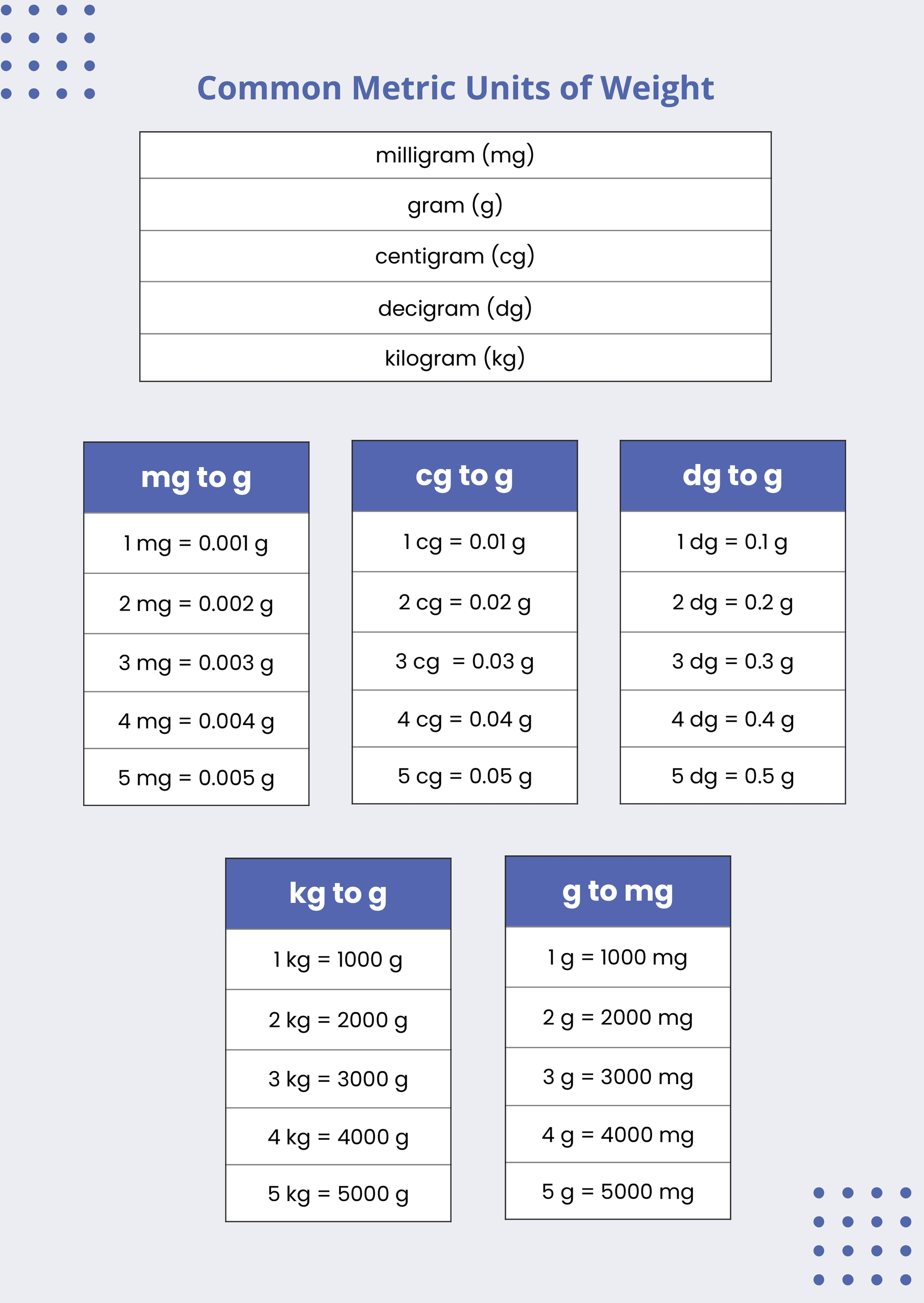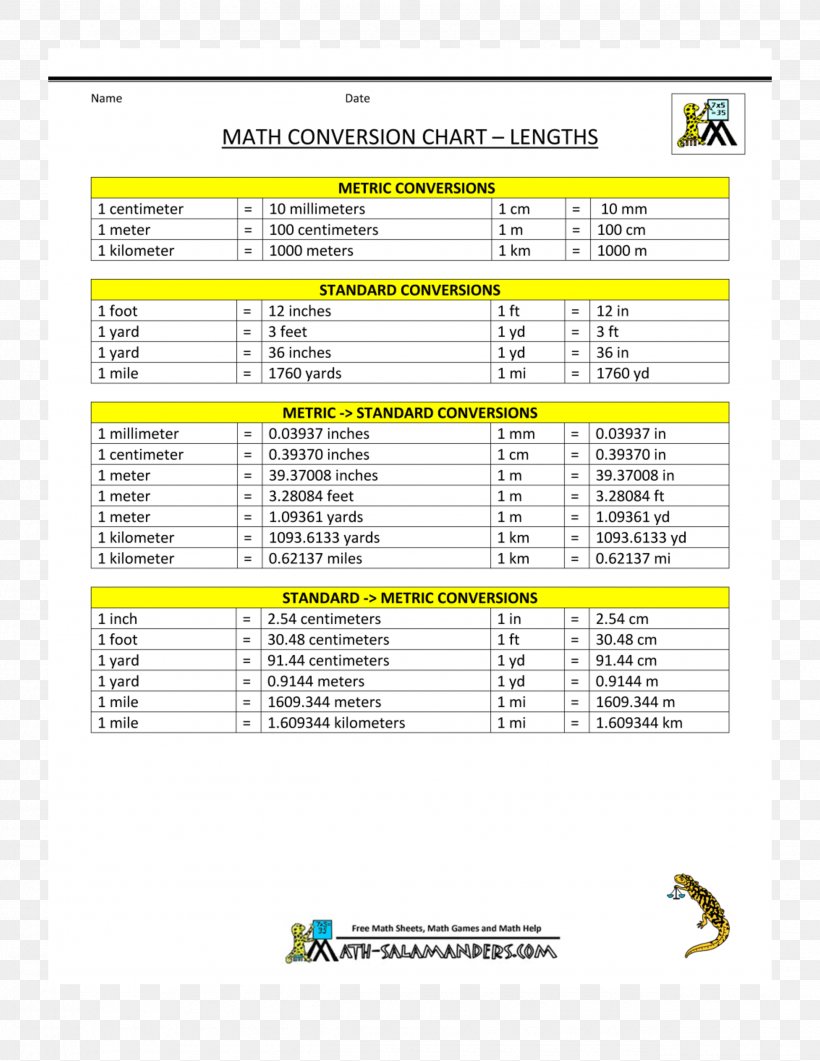Imagine trying to bake a cake with a recipe that calls for a "pinch" of salt and a "dollop" of butter. Frustrating, right? Now, imagine that same lack of clarity permeating measurements used in everyday life. That's the reality for many Americans grappling with the customary system while the rest of the world uses the metric system.
It's a peculiar resistance, this clinging to feet and Fahrenheit. The United States remains one of the few countries globally that haven't fully embraced the metric system, a system lauded for its simplicity and elegance. The reasons are complex, woven into the fabric of history, economics, and perhaps even a touch of national identity.
The push for a standardized system in the US arose as early as the 1800s. Scientists, ever the proponents of logical frameworks, recognized the advantages of a system built on tens. The metric system, with its base-ten structure, offered ease of conversion and calculation, unlike the cumbersome conversions between inches, feet, and miles that characterize the customary system.
Despite various attempts to implement the metric system, progress has been frustratingly slow. Industries, particularly those with significant investments in equipment calibrated to customary units, have resisted the change, citing costs and logistical nightmares. The fear of disrupting established practices, the perceived inconvenience of learning a new system, and even a sense of national pride associated with the traditional system have all contributed to the inertia.
But the world is becoming increasingly interconnected. Global trade, scientific collaboration, and even everyday communication are hampered by this measurement divide. Imagine the confusion when an American engineer collaborates on an international project, constantly needing to convert measurements back and forth. Or picture the potential for error in medical dosages when units of measurement differ.
The benefits of aligning with the global standard are numerous. Beyond the obvious advantages in international trade and communication, a universal system simplifies education, reduces the potential for errors, and fosters a more interconnected world.
So, where do we go from here? The path forward requires a multifaceted approach. Educational initiatives can demystify the metric system and highlight its practicality. Government incentives can encourage industries to adopt metric standards. And perhaps most importantly, a shift in public perception can pave the way for a smoother transition.
The transition might seem daunting, but history is replete with examples of successful adaptations. Consider the switch from the Roman numeral system to the Arabic numeral system we use today. While seemingly radical at the time, the change ushered in an era of mathematical advancement and ease of calculation.
The move towards a fully metricated United States won't happen overnight. It requires a collective effort—a willingness to embrace change, prioritize long-term benefits over short-term inconvenience, and recognize that aligning with global standards ultimately benefits everyone. It's a shift worth striving for, a step towards clarity, efficiency, and a world where measurements speak a common language.
Printable Metric Conversion Charts And Tables - The Brass Coq
Printable Nursing Conversion Chart - The Brass Coq
Measurements Chart For Math - The Brass Coq
Printable Socket Size Chart - The Brass Coq
Metric To Standard Weight Conversion Chart - The Brass Coq
Length Measurement Conversion Chart Printable - The Brass Coq
Customary To Metric Units - The Brass Coq
Metric Conversion Chart Printable Simply Stacie, 49% OFF - The Brass Coq
Fast Math Conversion Sheet - The Brass Coq
Metric Conversion To English - The Brass Coq
5th Grade Math Charts - The Brass Coq
Kitchen Conversion Chart Magnet Imperial Metric To Standard Conversion - The Brass Coq
Table Of Conversions Of Measurements - The Brass Coq
Metric Conversion To English - The Brass Coq
Metric Length Conversion Table - The Brass Coq














